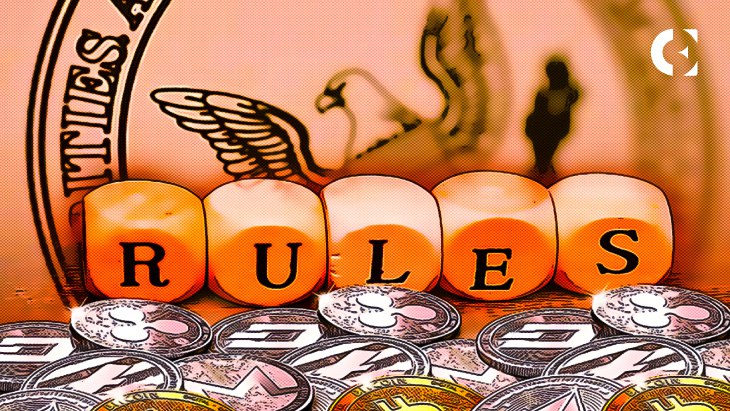- The US SEC is pursuing theories that would expand the definition of what constitutes a security.
- The SEC alleges wrapped tokens to be securities because they are a “receipt for security”.
- The Regulator could leverage the receipt theory it promotes to target other crypto assets like ETH.
John Deaton, the founder of Crypto-Law.us, believes that the United States Securities and Exchange Commission (SEC) is pursuing theories that would expand the definition of what constitutes a security. He regards it as a dangerous development executed by the SEC with a well-planned and coordinated strategy.
Deaton said this while replying to comments made by Mike Selig, a crypto and Web3 lawyer, over SEC’s recent activities in the crypto industry. According to Selig, the SEC seems to be shifting the goalpost in the middle of the game by changing the definition of digital asset categories.
Selig particularly mentioned SEC’s actions against Do Kwon and TFL, where the regulator alleges wrapped tokens to be securities because they are a “receipt for security”. The commission extends the same classification to stablecoins because they are “right to subscribe to, or purchase securities.”
Selig argued that the SEC could leverage the receipt theory it promotes to target other crypto assets like ETH. The regulator can achieve this by acting against the issuer of a corresponding wrapper and arguing that the wrapped token is a security. That would qualify the wrapper as a receipt to security.
He added that the SEC could exploit the second categorization involving stablecoins and attack almost every crypto asset. Then, it would become a move targeted at regulating all crypto assets as monetary value because they are convertible to money.
Deaton agrees with Selig’s position, noting that the SEC focuses on the underlying digital asset as security. He thinks this is a blanket approach to capture all sales, including secondary market sales completely independent of the promoter or issuer.
He pointed out that the SEC started by pronouncing an “embodiment theory” which claimed that XRP embodied all of Ripple’s efforts and promises. According to the SEC XRP represents the common enterprise between Ripple and all XRP holders. The regulator also claimed that XRP represented the expectation of profits, qualifying it as the security.
Disclaimer: The information presented in this article is for informational and educational purposes only. The article does not constitute financial advice or advice of any kind. Coin Edition is not responsible for any losses incurred as a result of the utilization of content, products, or services mentioned. Readers are advised to exercise caution before taking any action related to the company.







